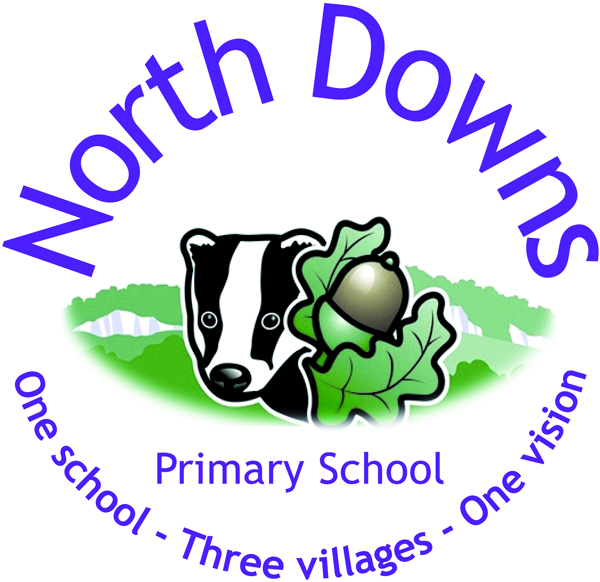Keeping Children Safe in Education
Information for Parents/Carers
If you have any safeguarding concerns about either your child or another child talk to the Designated Safeguarding Lead at the school, their deputy or another senior member of staff. Alternatively you can contact:
- Children's Services Single Point of Access (CSPA) 0300 470 9100
- Police on 999 in an emergency or 101 for non emergency
- NSPCC 0808 800 5000
- Childline 0800 1111
What is Safeguarding?
All children and young people need to have trusted adults around them to make sure they are kept safe from harm by other people or from hurting themselves. It is also about taking action to enable all children to have the best possible outcomes.
How can this be done?
We should ensure that all children and young people:
What is Safeguarding?
All children and young people need to have trusted adults around them to make sure they are kept safe from harm by other people or from hurting themselves. It is also about taking action to enable all children to have the best possible outcomes.
How can this be done?
We should ensure that all children and young people:
- are well cared for
- are healthy
- are safe
- have the best chances in life
- and that:
- people working with children and young people are safe and suitable to do so
- places where children and young people go are safe.
Safeguarding is also about…
- giving support to children, young people and their families
- getting other people to help if necessary
- Early Help - Early identification and intervention if a child or young person needs help
- knowing what to do if you’re worried about a child or young person
- recognising if a child or young person is at risk of harm or abuse
- taking action to protect the child or young person.
Safeguarding is about working together to prevent harm or abuse happening in the first place. It’s not just about protecting and getting involved with those families where children and young people are most at risk of harm or being hurt.
Safeguarding includes a wide range of issues such as…
- Child Abuse
- Bullying
- Prejudice
- Fire Safety
- Running Away
- Eating Disorders
- Child Protection Depression
- Mental Health Issues Children Missing Education
- Road, Rail, Water Safety
- Gangs, Youth Violence
- Female Genital Mutilation
- Domestic Abuse
- Criminal Exploitation
- Sexual Exploitation
- Child Trafficking/Modern Slavery
- Drugs & Alcohol
- Self Harm
- Online-Safety
- Health & Safety Issues
Recognising abuse
At the most extreme end, safeguarding is the protection of children and young people from abuse. Child abuse or neglect is when anyone under 18 is being harmed or isn’t being looked after properly. Sometimes a child or young person can be abused by a stranger or by another child or young person, but usually they know the person who is causing them harm e.g. family member or someone in their social network.
Children and young people can be abused anywhere, for example at home, at school, a local sports centre or after school club, online etc. Sometimes someone else knows what is happening, but they don’t try to stop it. This is wrong too.
Impact of Abuse
Children who have been abused or neglected will be affected short term but for some long term effects can last throughout their life e.g. relationship difficulties, mental health issues or drug and alcohol abuse.
What a School Must Do
A child should be able to go to school and feel safe so that they can achieve their very best. Anybody who works or volunteers at this school will be checked to make sure they are safe to work with children and then trained in child protection and safeguarding and what to do if they are concerned.The school has a Designated Safeguarding Leads (DSL/DDSL) for Safeguarding, who have extra training to help students.
- We will always listen to you and work closely with you if we are concerned about your child or another child. Sometimes, concerns cannot be shared with you before Children’s Social Care have become involved. The school has a safeguarding policy which tells you more about this and when we must speak to the police or children’s services. Please ask us about how you can see a copy of this policy.
- We will help your child to learn about keeping themselves safe e.g. healthy eating, anti-bullying, online -safety, road safety, healthy relationships, drug and alcohol awareness, preventing extremism. As part of these lessons your child will be told what to do if they are worried or concerned.
What Parents/Carers Must Do
Parents/carers are the most important people to keep their children safe. You should always:
- feel confident to raise concerns about your child.
- talk to school if you need help or support.
- let the school know if you have any court orders relating to the safety of your child.
- let the school know if there is a change in your circumstances such as a house move, a new contact number, a change of name, a change of parental responsibility
- let the school know who will be dropping off or collecting your child and provide two other emergency contacts. You must inform the school of any changes to agreed arrangements.
- let the school know if your child is going to be absent and the reasons why.
Everyone is responsible for safeguarding children and young people
Keeping Children Safe in Education – national guidance GOV.UK
